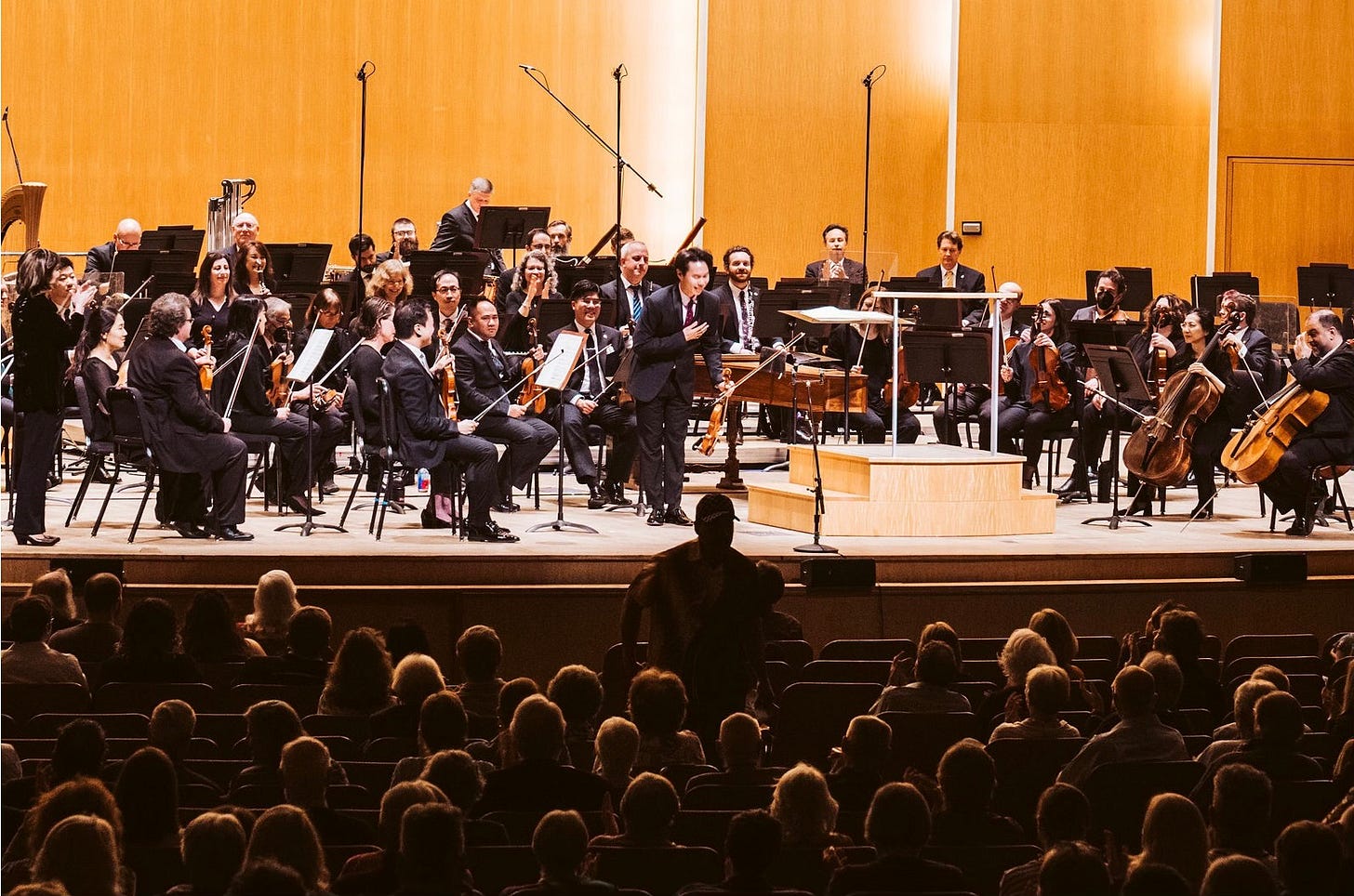The Chooi Brothers Take Over Kleinhans
Also The Everly Brothers, Violas, and Gen. Burgoyne’s Terrible, Horrible, No Good, Very Bad Day

Human memory is a funny thing. It includes the big moments - the birth of a child or the death of a loved one - along with the occasional small, forgettable moment somehow retained and later coming to mind, unbidden.
In Summer 1985 I drove from Lawrence, Kansas to Waco, Texas in the company of a young woman with whom I was well acquainted. I recall turquoise toenails on the dash and endless waves of heat radiating from Oklahoma highways.
The car radio’s heady brew of vein-throbbing, bug-eyed, end-times evangelism had exhausted its ability to charm us; I desperately sifted through the spiral cassette display at a truck stop. I managed to dig out The Everly Brothers Greatest Hits and by the time we hit Dallas we sung a passable “All I Have To Is Dream.”
During a…
Keep reading with a 7-day free trial
Subscribe to Media Room - The Arts in Real Life to keep reading this post and get 7 days of free access to the full post archives.



